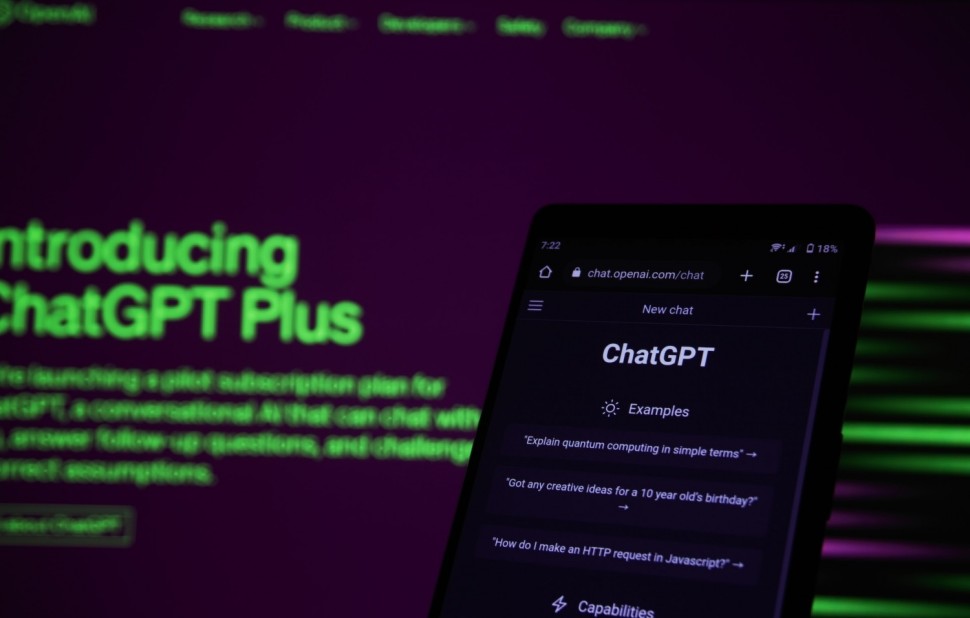
Yesterday, in Manhattan, an array of well-known Pulitzer Prize-winning authors came forth to join a class-action lawsuit. Tech behemoths, OpenAI and Microsoft, are the centers of this lawsuit for allegedly harnessing the works of these authors to train complex artificial intelligence algorithms without due consent or licenses, thus infringing upon their copyrights.
An Alleged Exploitation of Copyright Protections: What Exactly is the Issue?
According to the plaintiffs, OpenAI and Microsoft are accused of making unlawful commercial reproductions of "millions, possibly billions" of copyrighted works without the necessary licenses, permissions, or compensations to the original authors. The lawsuit contends that the tech firms have illegitimately taken advantage of certain protective elements within the Copyright Act, such as distinctive style, word choice, arrangement, and the way facts are presented.
The lawsuit states, "Defendants' models were calibrated by reproducing a massive corpus of copyrighted material, including, upon information and belief, tens or hundreds of thousands of nonfiction books." The plaintiffs contend that the trained AI models, such as GPT (Generative Pretrained Transformer) models, could only yield output text resembling human expression when a diverse range of human-written text was copied and analyzed.
By training the models to understand "how words work together to form higher-level ideas," "how sequences of words form structured thoughts," and "how words fit together grammatically," OpenAI has seemingly utilized the authors' work in essential ways.
Is the Success of Big Tech Coming at the Expense of Authors?
Moreover, the authors argue that certain products, such as ChatGPT, wouldn't even exist without their input and that the parent companies have reaped hefty profits through these purported exploitative endeavors. Citing OpenAI's rapidly growing revenue - around $1.3 billion annually - the lawsuit makes a strong case. Additionally, the increase in Microsoft's stock price further proves financial gain.
The plaintiffs firmly believe this commercial success was achieved at their own expense. The lawsuit cites Julian Sancton, the instigator of this suit, as a prime example. His reporting career enabled him to afford the costly five-year writing process due to the protective exclusivity of several rights stipulated by the Copyright Act, including the rights to reproduce his copyrighted work.
Neither of the accused parties - OpenAI nor Microsoft - has yet responded to these allegations.
The Importance of Legal Assistance
Intricate cases such as these highlight the importance of authors seeking proper legal assistance when their copyrights are being infringed upon. Copyright law protects authors' rights over their works, and no entity, regardless of its size or reputation, should be allowed to exploit these works without appropriate legal permissions and fair compensation.
If you suspect such exploitation, promptly consult a lawyer. Protect your work, your rights, and your income from potential exploitation. Contact our legal experts today to find out more - no one should profit from your creativity but you.




